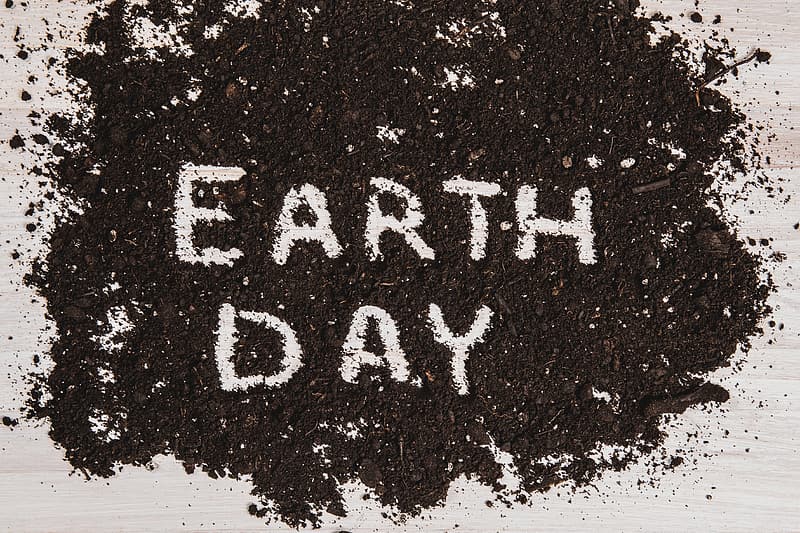
Earth Day 2020 is a very special day, probably more special than prior years, unfortunately, part of what makes it so unique is that while the earth is improving. What led to this wasn’t by choice and is mostly due to us being forced to stay home. The Covid-19 pandemic is shutting down countries across the world, causing a significant decline in air pollution in major cities as countries implement stricter quarantines and travel restrictions.
- Canal water in Venice has cleared up without boat traffic. Air pollution in China has plunged amid unprecedented lockdowns.
- In Thailand and Japan, mobs of monkeys and deer are roaming streets now devoid of tourists.
- Due to the decrease in fishing activities, residents spotted dolphins playing and swimming around in the Arabian Sea.
- In China’s Hubei province, the average number of good quality air days increased by 21.5% in February compared to the same time last year. From February 3 to March 1, CO2 emissions decreased by at least 25% because of lockdowns throughout China, according to the Center for Research on Energy and Clean Air (CREA).
- China adds a whopping 30% yearly to the world’s CO2 emissions, making it number one polluting the air. So, a 25% decrease makes a difference in terms of air quality on Earth. CREA estimates it to be about 200 million tons — more than half the entire annual emissions output of the UK.
- More blue skies were also noted in the Bay Area and Italy as pollution dropped while lockdowns took place throughout these cities.
The unintended air pollution declines from the virus outbreak are unfortunately just temporary, experts say. But the pandemic’s unintended climate impact could offer up a glimpse into how countries and corporations are equipped to deal with the destruction of the slower-moving climate change crisis. In hindsight it makes me think that the earth isn’t as bad as we made it out to be via global warming, and through proper practices, this planet is fully capable of being saved.
A new issue that we are seeing is that discarded single-use face masks used to protect the spread of COVIS-19 could be causing significant harm to the environment. As it heals, we have found a way to help destroy it more. Gary Stokes, OceanAsia’s Founder, told Energy Live News: “We have found 70 discarded masks within 100 metres of the beach and an additional 30 masks when we returned a week later. That’s hella masks. Over time the team has seen the odd mask here and now, however, this time they were all along the high tide line and foreshore and you could see new arrivals coming in on the current. When you suddenly have a population of seven million people wearing one to two masks daily the amount of waste generated is going to be substantial.
“A mask that is ingested by a local turtle, pink dolphin or finless porpoise, for example, could easily become lodged in the digestive system of the animal, thereby killing it.”
“Most of these masks contain or are made of polypropylene, which breaks down very slowly. Marine plastic pollution is a serious and ongoing problem. It is estimated that yearly, over eight million tons of plastic enter our oceans. This plastic doesn’t go anywhere, it slowly breaks down into micro-plastic, which enters food chains, and that has devastating effect on everything.
Marine plastic adsorbs toxins, which results in it poisoning animals that accidentally ingest it.”
Everyone should learn the proper ways to dispose of surgical masks, the surge in mask-based rubbish highlights “serious weaknesses in waste management and public education”. You would think in light of the earth healing people would be more mindful. At home, we could do things such as conserving water, reusing items, composting in or outside. Since a lot of people are struggling financially, being mindful of spending is important, remembering to buy things you need and not want. In the future, we should appreciate the healing of the planet and try our best to continuously work with the land to make it a better place. We already got some major help.
The pandemic is fast, shining a spotlight on our ability or inability to respond to urgent threats. But like pandemics, climate change can be planned for in advance, if politicians pay attention to the warnings of scientists who are sounding the alarm,” Let’s be grateful of these recent earth changes and continue to lighten our footprints.
